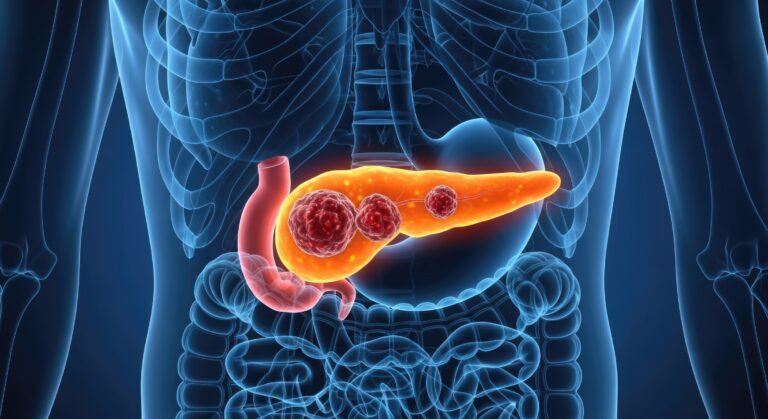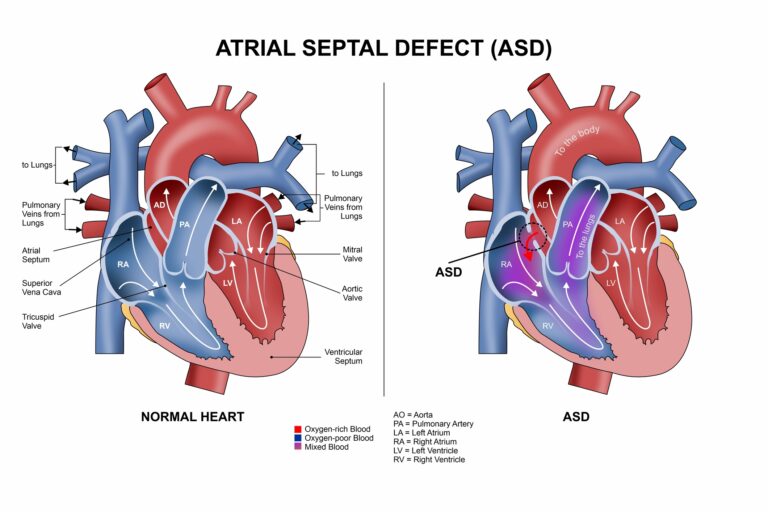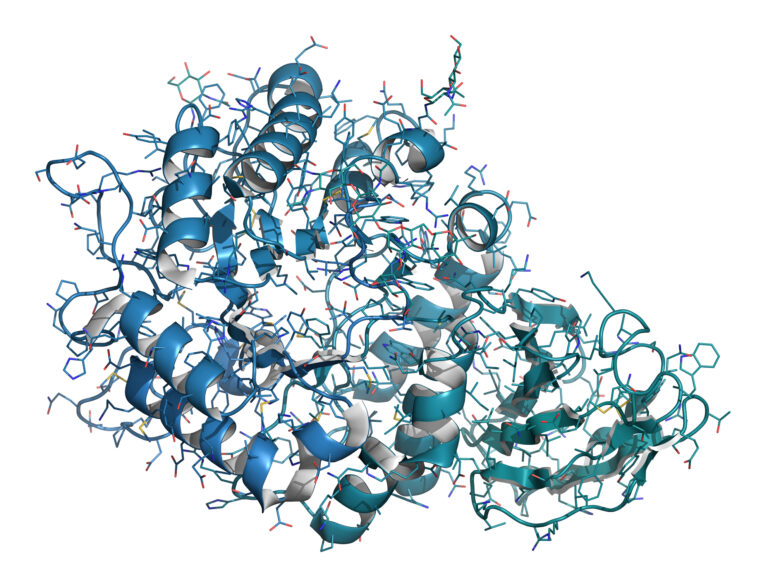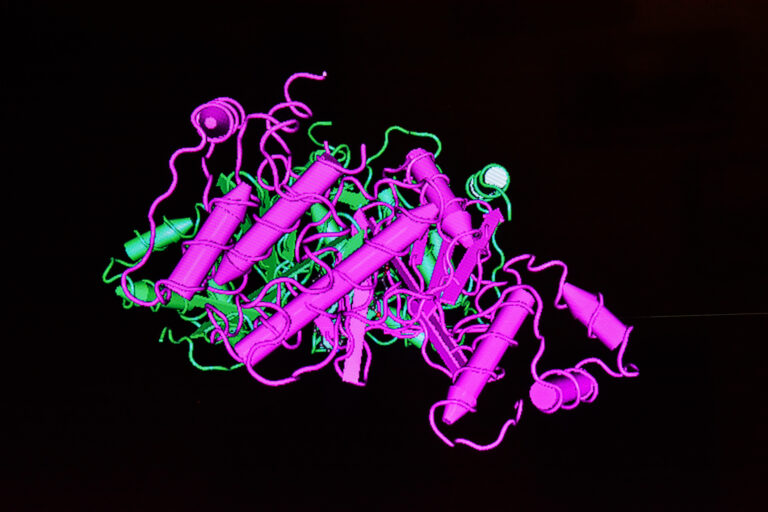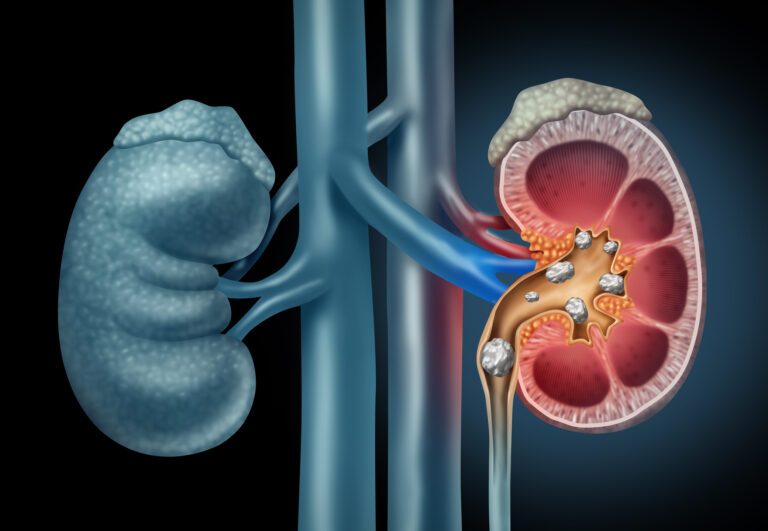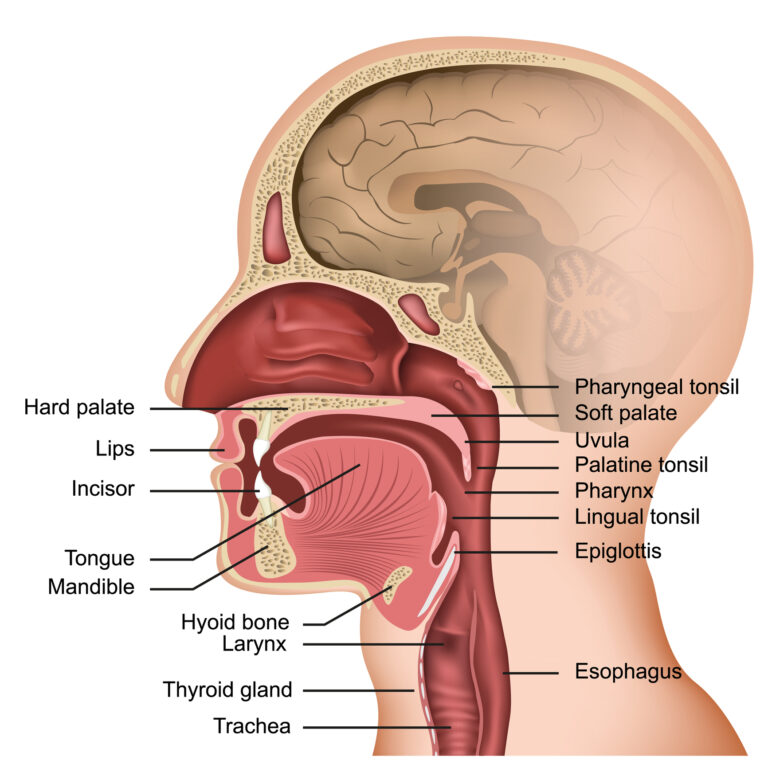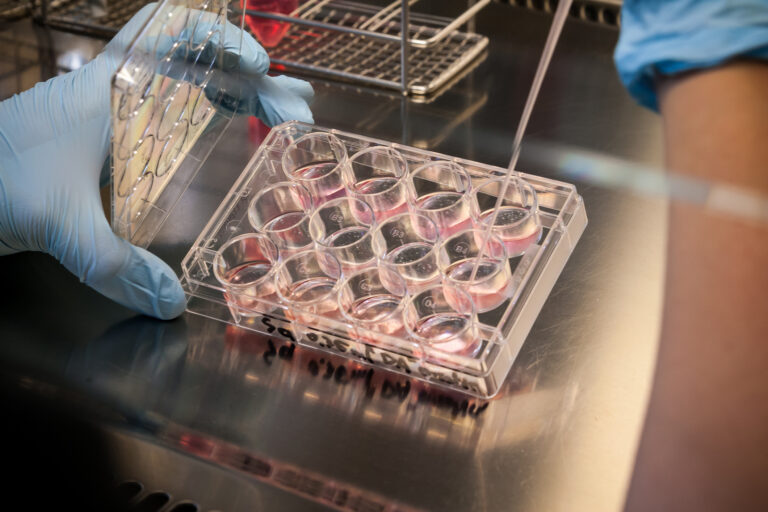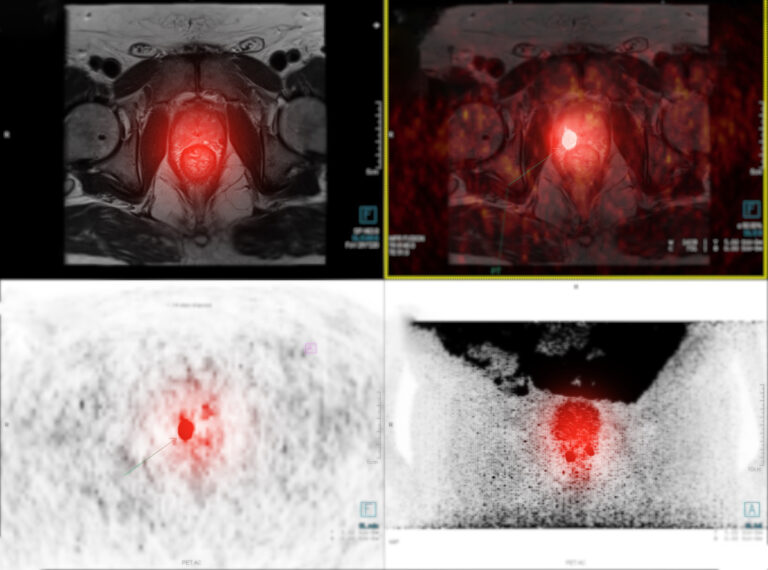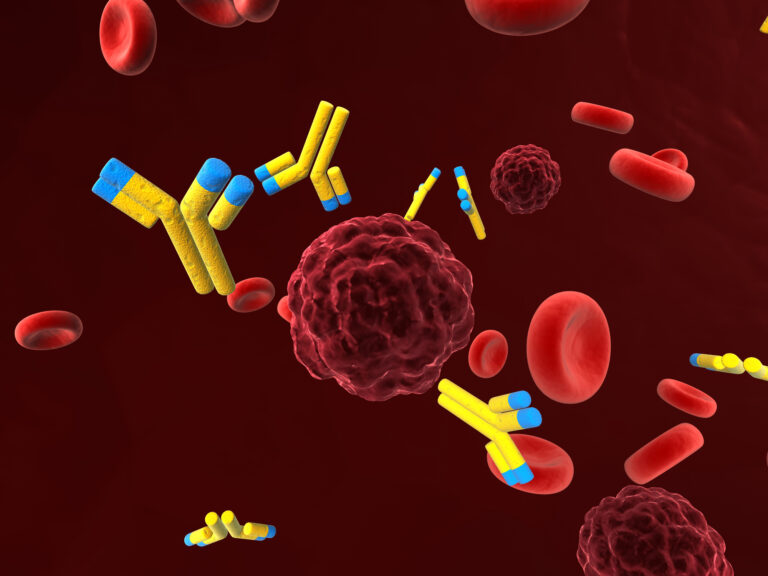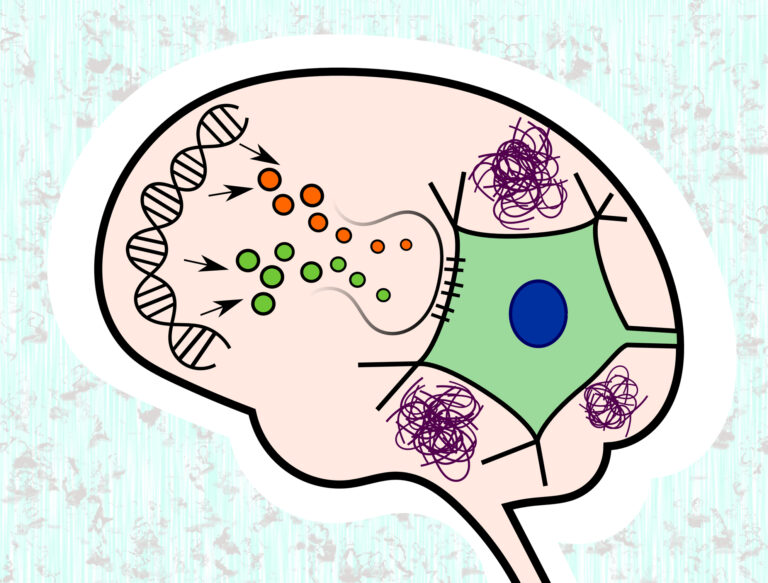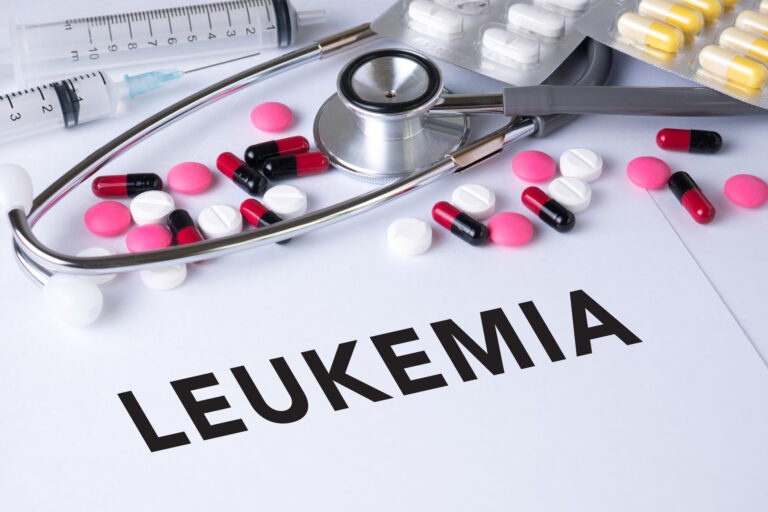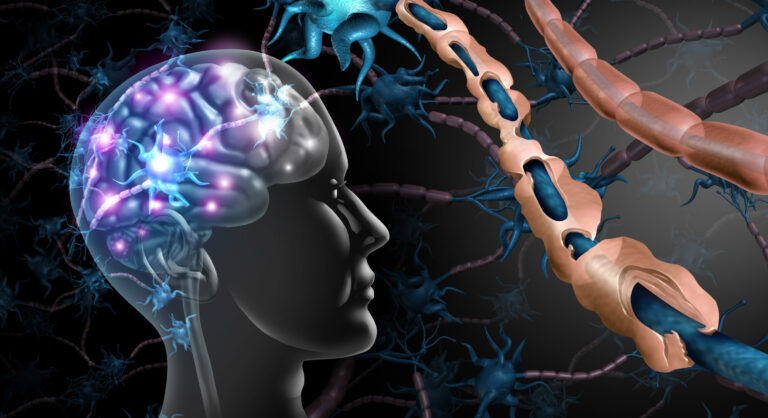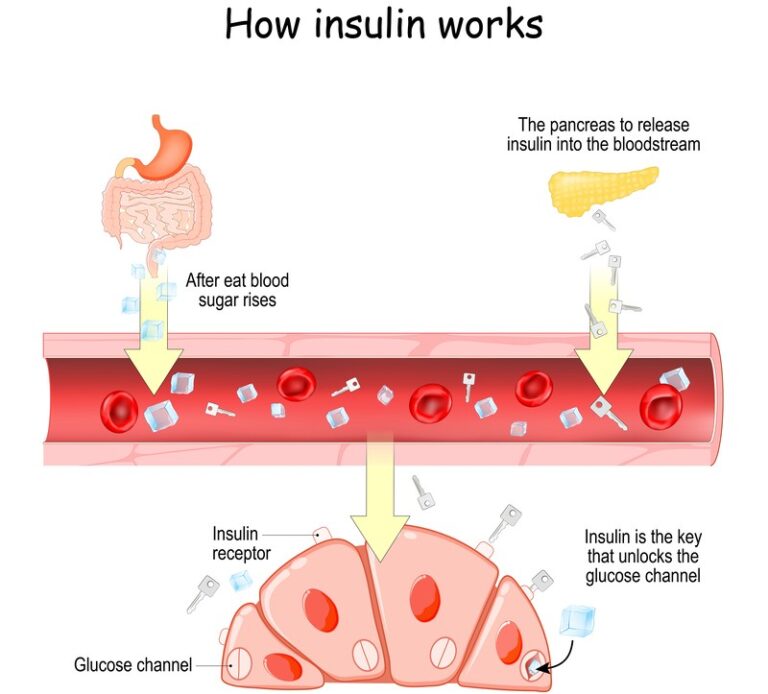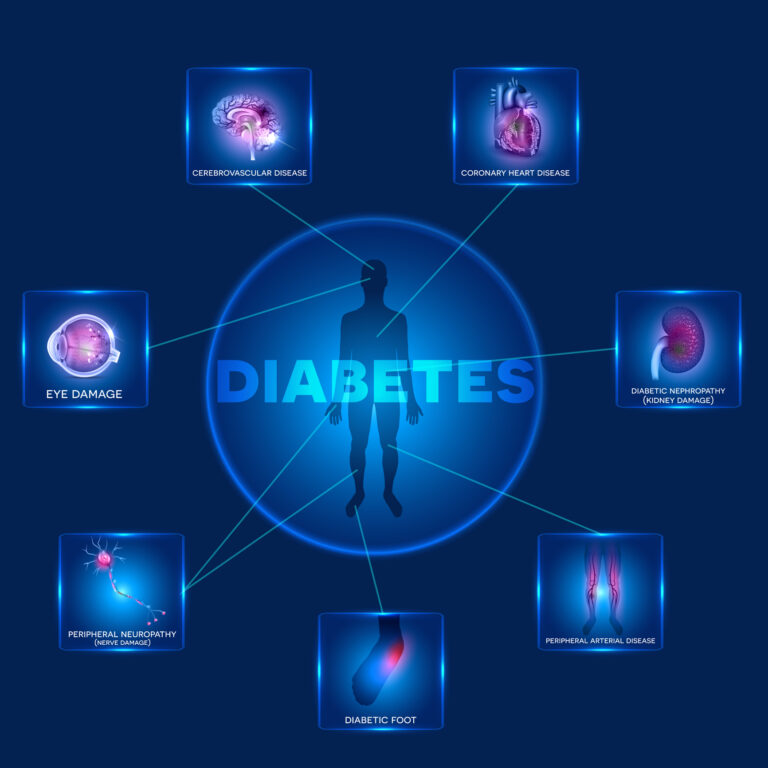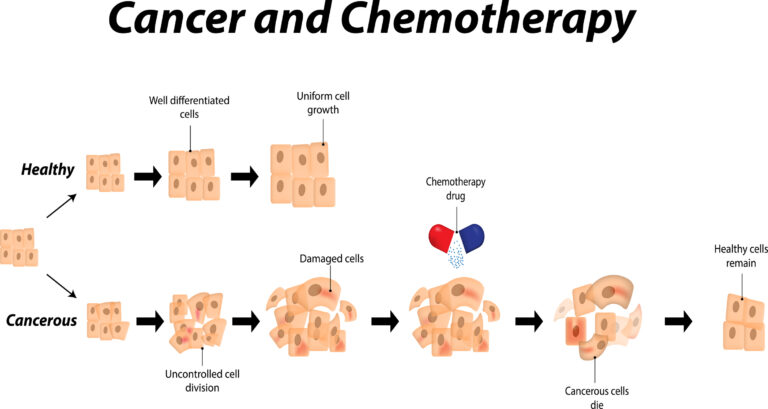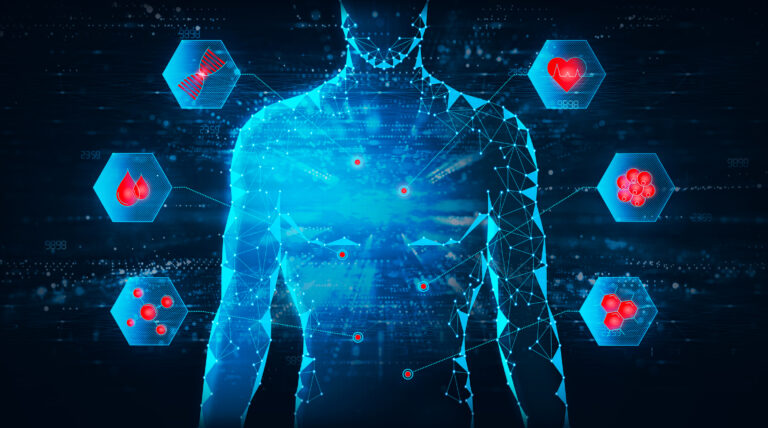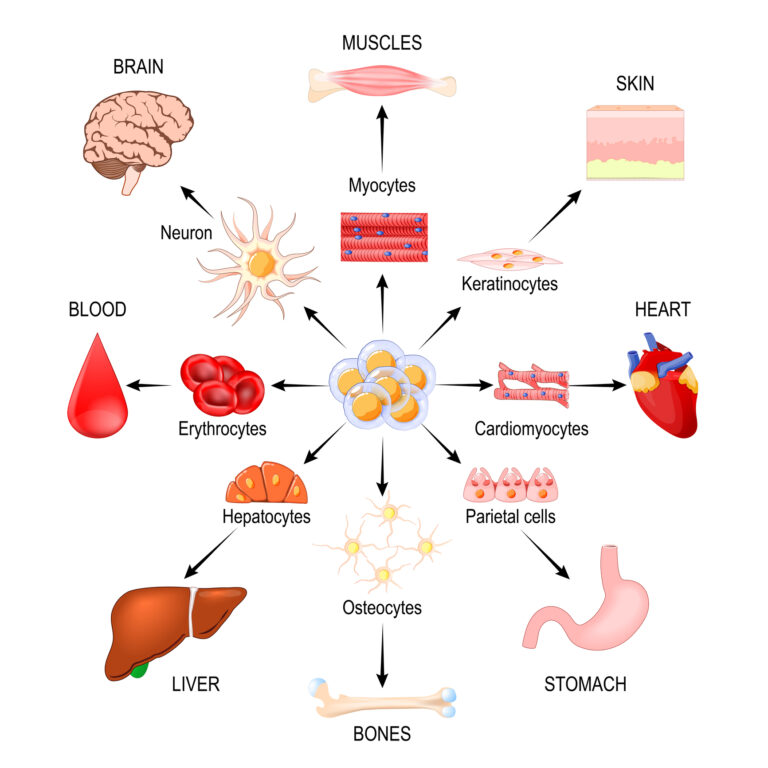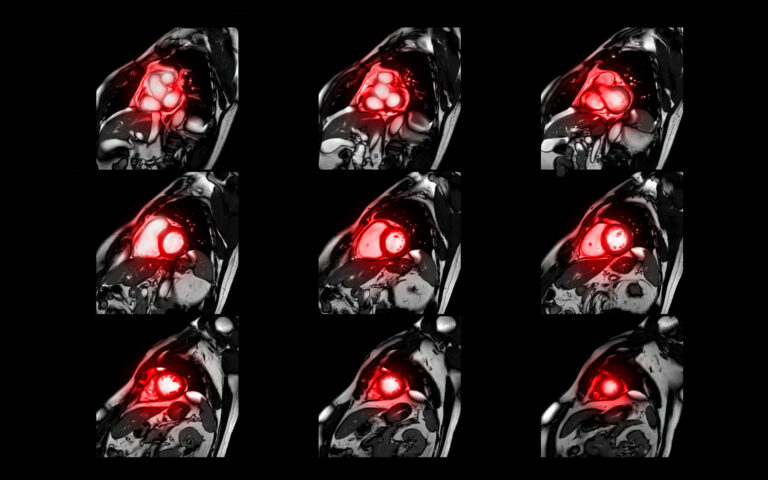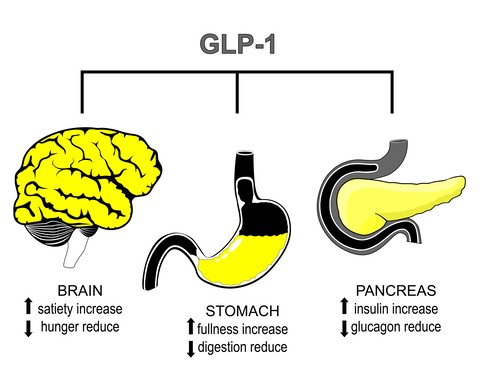Medicine
Medicine is a multifaceted field that has shaped the course of human history, improving health and extending life expectancy. It encompasses a wide range of practices and disciplines, all aimed at the prevention, diagnosis, treatment, and management of illnesses and injuries. Medicine has been influenced by both science and culture, evolving over centuries into the highly specialised practice it is today.
One of the key developments in medicine has been the transition from traditional herbal remedies to scientifically validated treatments. Ancient civilisations, such as the Egyptians, Greeks, and Chinese, relied on plant-based medicines and spiritual healing. However, the advent of the scientific method in the 16th and 17th centuries marked a turning point. Modern medicine began to emerge, grounded in empirical research and experimentation. This led to the discovery of fundamental concepts like germ theory, which revolutionised the understanding of disease transmission and the development of effective treatments.
Today, medicine can be broadly categorised into several key areas, including internal, surgery, paediatrics, psychiatry, and preventive medicine, among others. Internal medicine focuses on diagnosing and managing diseases that affect internal organs, while surgery involves the physical intervention to treat or repair damage within the body. Paediatrics specialises in the health of infants, children, and adolescents, and psychiatry deals with mental health conditions. Preventive medicine aims to prevent diseases through vaccines, lifestyle advice, and public health initiatives.
The role of technology in medicine has been transformative. From the development of imaging techniques like MRI and CT scans to advancements in genetic research, technology has enhanced the ability to detect and treat diseases. Furthermore, medical research has led to the creation of life-saving medications, such as antibiotics, vaccines, and cancer therapies, which have significantly reduced mortality rates from many illnesses that were once considered fatal.
Ethics also play a crucial role in modern medicine. Issues such as patient autonomy, consent, and confidentiality are central to the practice. The rise of medical technologies like genetic editing and artificial intelligence in healthcare has sparked ethical debates about their implications for humanity.
Overall, medicine is not only about treating disease but also about promoting overall well-being. It continues to advance rapidly, with ongoing research and innovations promising new treatments and cures, improving the quality of life for millions around the world.
home » medicine

